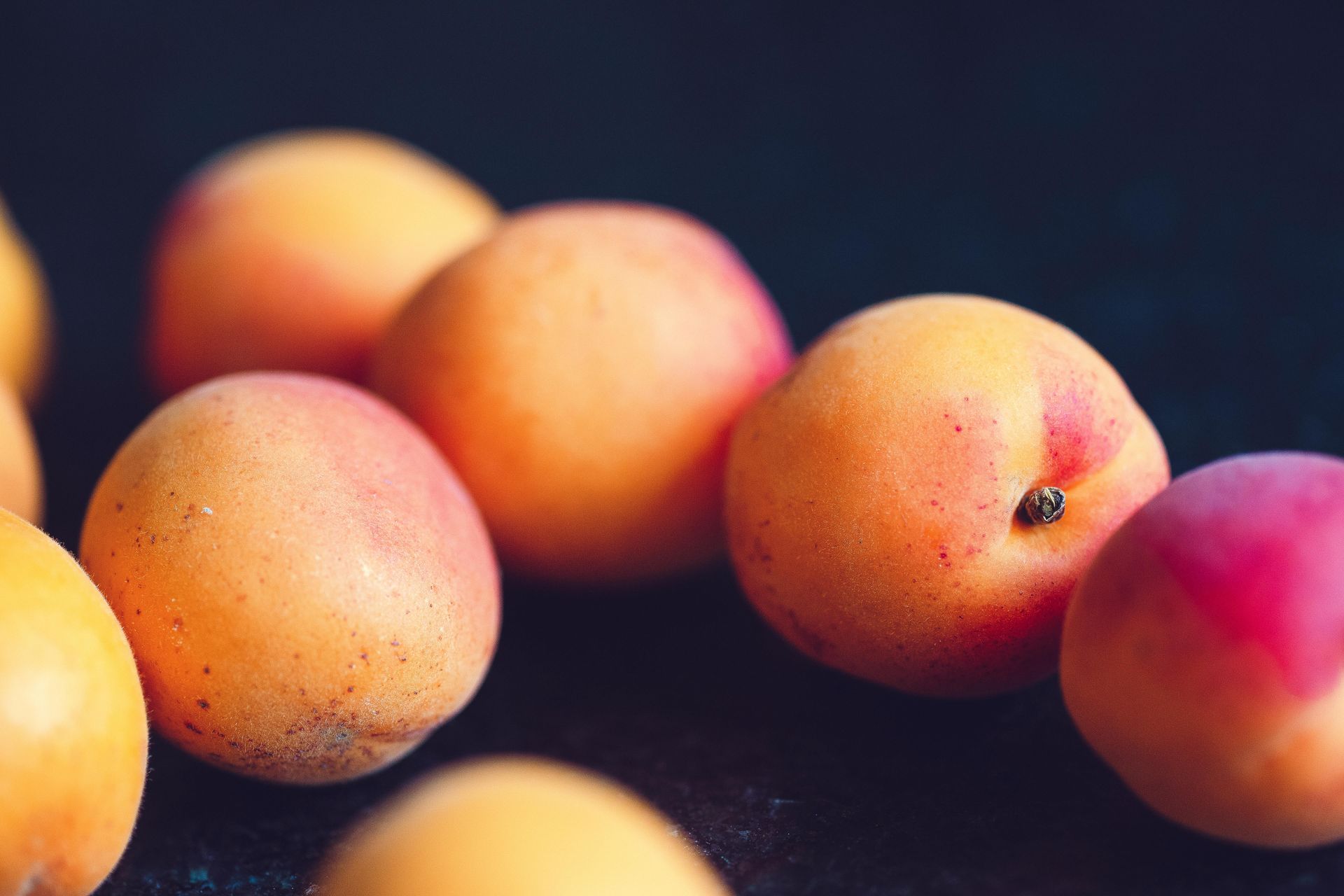How the Indian covid variant could create yet another round of uncertainty
There's no predicting the future, of course, but a basic level of certainty is what keeps business alive and kicking. Today the government has announced the relaxation of the covid rules for England, and changes are also being announced for Wales and Scotland. At the same time, not long ago, Boris Johnson said another wave is more or less a certainty. And now he says the final relaxation to the rules, due on 21st June, might be delayed by the new B.1.617.2 Indian strain of the covid virus. In his words, “I have to level with you that this new variant could pose a serious disruption to our progress and could make it more difficult to move to step four in June.”
So what's the new Indian strain of covid like, what's the risk of another lockdown, and how can you bring back a level of confidence to your business in a landscape that's still looking a very long way from certain?
As usual we've gone in search of the science rather than taking the media's word for it!
How real is the threat from the Indian covid strain
In a world where false news is all too common, it's helpful to get a proper, science-led view of things. In the words of a New Scientist magazine article on the Indian variant:
“Evidence suggests that the B.1.617.2 variant is more transmissible than the so-called Kent variant that is widespread in the UK, chief medical officer Chris Whitty said, but it is not clear by how much. The UK could face another devastating wave of covid-19 if it fails to contain the spread of the Indian variant, according to modelling done by the UK government’s Scientific Advisory Group for Emergencies (SAGE). The wave could be as big as the one in January, which at its peak was seeing over 50,000 new infections every day.”
About the Indian variant and its sub-variants
There are two sub-variants of B.1.617 worth mentioning. The most worrying is called B.1.617.2, detected for the first time last December. It was rare until March, when it took off like a rocket and fast became the dominant variant in India. Then it escaped to infect many other countries including the UK. Now, in the UK, it's more common than B.1.1.7 even though the total number of cases is still low. There's no sign that the B.1.617.2 variant is any deadlier or has different symptoms, and nobody's 100% sure yet whether vaccines are less effective against it.
The second notable sub-variant, B.1.617.1, was also found in December last year in India, and it still only accounts for very few cases around the world. This is the one they're calling the Indian double mutant but in fact it comes with 15 mutations, two of which are very worrying. They're called L452R and E484Q, and they just might make antibodies to older variants and existing vaccines less effective. The jury remains out.
It's interesting that some B.1.617.1 viruses come with an extra mutation called V382L in their spike protein, which is what scientists mean when they talk about triple mutants. It sounds scary but the same mutation has also been found elsewhere and there's no sign that triple mutant viruses either spread faster or are any more deadly. In India itself the situation varies between states. The B.1.1.7, the P.1 variant from Brazil and the B.1.351 variant from South Africa have all played a role in the current Indian covid crisis.
How long is this going to go on?
Because it's impossible to second guess the virus and its variants, businesses all over the world are still facing ongoing uncertainty. This has been going on since March last year when the first lockdown was imposed. That's a year and two months of not really knowing whether you'll be open next week, next month, or in six months' time. And that makes business planning seriously challenging, from knowing how much cash you need to keep going if there's another lockdown to seasonal planning, stock, materials, staffing and more. Even planning a few weeks ahead remains tricky. The answer to the question, 'when will we be free of covid' is no clearer than it has ever been.
Let's talk UVC covid disinfection
Certainty mean a great deal in times like this, which is why our affordable covid disinfection technology is becoming so popular. It takes no time to disinfect an average sized room, it's powerful, safe and effective, and means you have choices. If you'd like to discuss the potential, get in touch.










